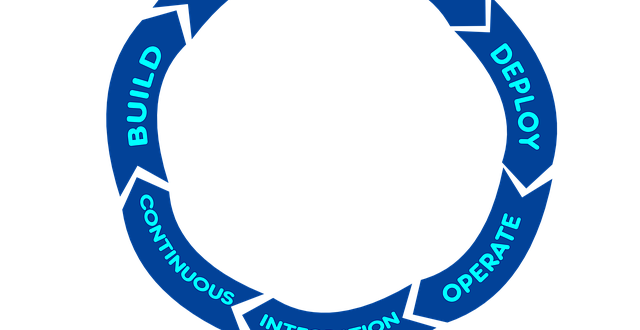As the world is slowly coming out of the COVID-19 crisis, the business community is moving towards a remote working option. And there is a pertinent reason behind this paradigm shift because we have seen the efficiency of work from home during the lockdown.
Remote working helps organizations ensure uninterrupted business operations and attract skilled workforces from a diverse pool of talented professionals. Especially, tech companies are on the top in hiring top-notch engineers and DevOps managed services from competent staff augmentation agencies.
However, this new trend has also brought a few changes in DevOps practices. Let’s look at these changes and their impact on DevOps implementation.
DevOps and Digital Transformation
DevOps is considered an agile approach towards software development that improves productivity and creates environments with cloud computing. It plays a key role in digital transformation by modernizing both software development and business processes.
Since digital modernization is the core of DevOps, companies shifting towards remote working need to set up modern IT infrastructure to move fast. Hence, remote work is encouraging technology enterprises to use modern systems capable of quickly finding and resolving issues and release products fast.
Changing DevOps Culture
Software development culture is highly creative and innovative. Software engineers adopt a creative approach to build, test, and deploy codes. However, the process requires consistent collaboration between development and operations teams. This collaboration is fostered by DevOps that brings teams together and allows them to work together.
Considering DevOps in terms of remote work, engineering teams need to maintain collaboration to solve business-impacting problems and work together to respond to incidents. Irrespective of their location, developers and operations professionals should collaborate together and communicate effectively.
Cross-border collaboration
While the outbreak of the COVID-19 pandemic has posed various challenges, it has also brought several opportunities for businesses to shift towards remote working environments. For instance, development teams can now engage with each other virtually and communicate seamlessly to solve complex issues.
This way, remote work is encouraging cross-border collaboration in DevOps companies in today’s post-pandemic era. Implementation of strategies to increase cooperation has been accelerated across diverse companies and sectors. Consequently, enterprises are also focusing on improving their DevOps strategy to reap benefits in this new collaborative environment driven by technology.
Challenges for DevOps
The transition from offices to remote working environments is not an easy task. Although it will prepare companies for future challenges, this paradigm shift can also create various problems.
For instance, technology organizations that have invested much in establishing IT infrastructure for in-house teams will have to suffer huge financial losses. Similarly, employees interacting virtually require some time to adjust themselves to this new environment. Hence, we might have to wait for years until we could fully implement DevOps culture into remote-first working environments and achieve our desired objectives.
Final Words
The increasing trend of work from home in today’s post-pandemic era has brought both challenges and opportunities for DevOps companies. While this new approach will enhance cross-border collaboration and improve product quality, developers might find it difficult in the beginning to adjust themselves in this environment.
It is, therefore, necessary for firms to partner with elite DevOps companies like Khired Networks to successfully implement DevOps while maintaining the speed and agility of software development operations. Visit https://khired.com/services/devops/ for a free consultation on DevOps in remote working culture.
 Fun Time Tech Let’s have a fun with technology
Fun Time Tech Let’s have a fun with technology



